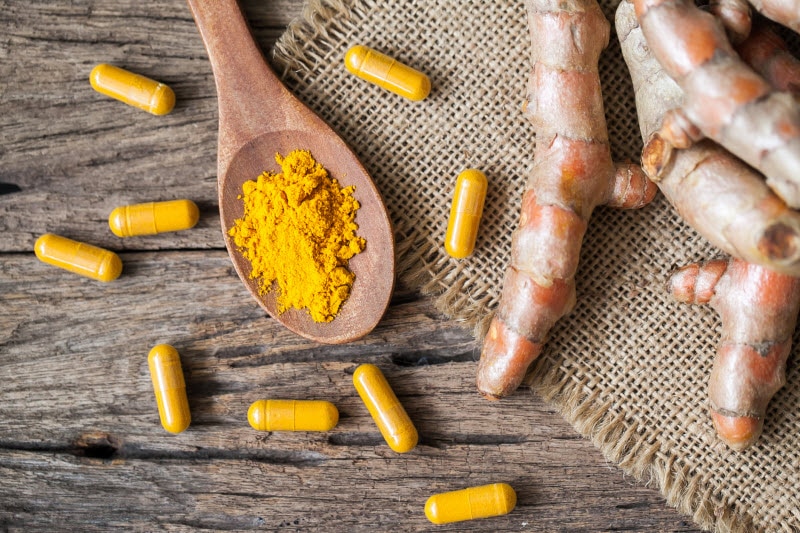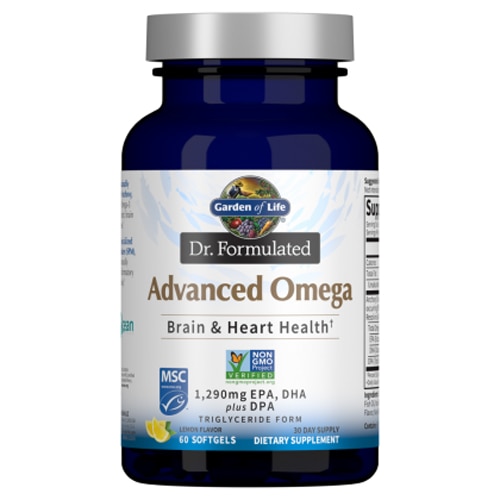Ever been curious about what exactly is in your vitamin supplement? And then gotten frustrated because the label doesn’t provide much information? Driven by customer demand, vitamin companies have started to become more
transparent about disclosing
where their supplement ingredients come from. Commonly referred to as ingredient sourcing, most people are more familiar with the concept as it pertains to food, such as farm-to-table or locally grown produce. But given the opaqueness of the supplements industry, coupled with the looser regulations supplement manufacturers have at their disposal, ingredient sourcing is perhaps even more pertinent for this sector.

Why should we care where supplements are sourced from?
The main reason to pay attention to where your supplements are sourced from is to have a better awareness of what exactly is in your supplements and what kind of ingredients it’s best to avoid. In particular, because the supplement industry is not subject to the same stringent regulations as drugs, consumers have to be extra diligent about researching and vetting the supplements they choose.
If the FDA doesn’t regulate the supplement industry, how do I know what I’m taking is safe?
In general, the best advice is to sleuth before you swallow. The
FDA does regulate supplements, but they are regulated as food—not drugs—which gives manufactures much more leeway. The FDA requires that drugs be proven safe and effective but make no such demands on supplements. Although the FDA does make periodic manufacturing inspections, in general the industry functions more like an honor system, because of the FDA’s limited resources. Infractions abound.
A recent ConsumerLab (a publisher of test results on health, wellness, and
nutrition products) report revealed that more than half of the audited supplement manufacturers were cited by the FDA for not following basic quality control practices, such as establishing specifications for the identity, purity, and strength of the finished products and conducting ingredient tests.
What’s the difference between natural, synthetic, whole food supplements and food-based supplements?
Many people may not realize that ingredient sourcing highlights a very important distinction between vitamins—the difference between vitamins sourced from natural ingredients, such as food or herbs, and vitamins created synthetically in a lab. In response to an emerging body of research supports the premise that synthetic vitamins don’t act the same in our bodies as their natural counterparts, a growing number of consumers are actively seeking more naturally sourced ingredients. Here is a breakdown of the four major categories of ingredient sourcing for vitamins.
Natural vitamins
This category very broadly refers to
vitamins sourced from ingredients found in nature.
Whole-food vitamins
Vitamin and mineral nutrients extracted from vegetables, fruits and medicinal plants that your body easily recognizes and absorbs as
whole-food complexes. Though these supps might contain smaller amounts of nutrients, they’re free from fillers and binders, which can affect bioavailability (how your body recognizes and absorbs the nutrients).
Food-based vitamins
Something of a hybrid approach,
food-based vitamins are made by using enzymes to compound synthetic and natural vitamins with vegetable proteins. Typically, they are a blend of natural and synthetic nutrients that feature a whole-food or herbal base. Such formulas often minimize stomach upset and enhance absorption of USP synthetic vitamins by enhancing the overall bioavailability of the supplement.
Synthetic vitamins
Created in a lab through synthetic processes, these vitamins are made from isolated nutrients derived from natural sources like soy, lanolin, sago palm, sugar beets, corn starch, or rice starch, to name a few. The manufacturing process include chemicals, solvents and heat to distill or reduce down nutrients into a particular isolated chemical structure that is called a “pure” vitamin.
Even if you now know the differences between the kinds of vitamins, it can still be challenging to know what to look for when you choose a supplement. Here are five pertinent questions to consider before choosing a supplement:
Is the product independently tested?
This can help ensure that a supplement contains what it claims, in the dose listed on the label, without impurities. A seal is another easy way to confirm purity, but products without seals are not necessarily inferior.
Does the manufacturer have a good reputation for quality control, research and customer service?
You can educate yourself on this front by reading independent reviews, looking for a seal of certification, or getting specific recommendations from your healthcare practitioner. At the very least, you can check a company’s website and see what they have to say about their ingredient sourcing and
quality control practices.
Is the product backed by clinical research?
This one is especially relevant if you are taking a product for a specific health reason, rather than as a more generalized way to support overall health. If a
product does have research backing its efficacy, you should be able to find it easily on the company’s website.
Are there any unnecessary additives in the ingredients list, such as sugar, lactose, dyes, or flavors?
A few
supplement additives are unavoidable, but in general the shorter the list of ingredients the better. Some red flags to look out for are artificial sweeteners or dyes, both of which are unnecessary.
Does the product display its ingredients and sourcing?
One surefire way to make sure your supplement components have been sourced from quality ingredients is to simply look for the words “ingredients” and “sourcing” on the label. If a manufacturer puts those words together on a bottle, chances are they are proud to disclose the ingredients inside. If, on the other hand, the ingredients are of questionable quality, chances are the manufacturer will opt to conveniently omit that information from the bottle.




